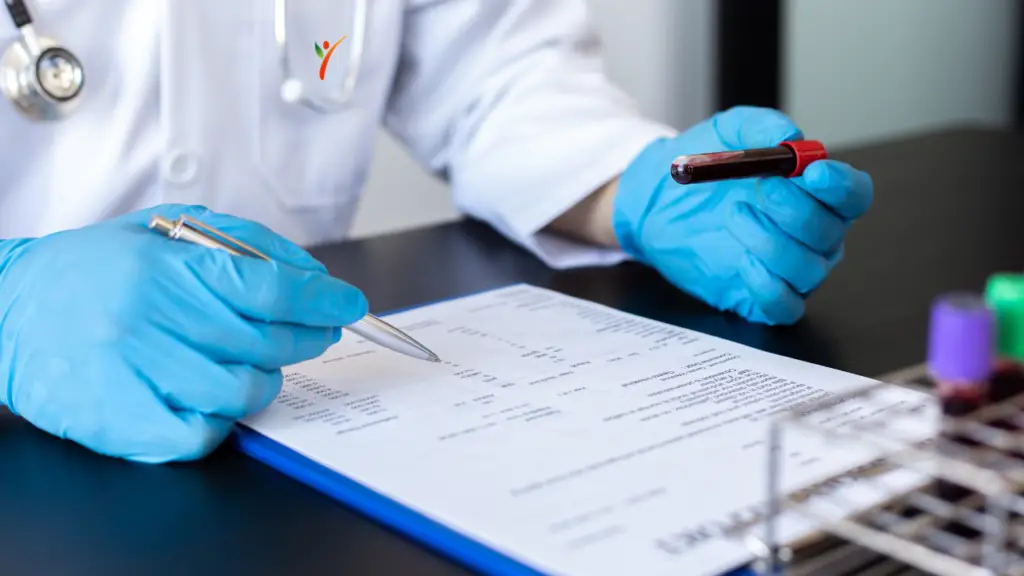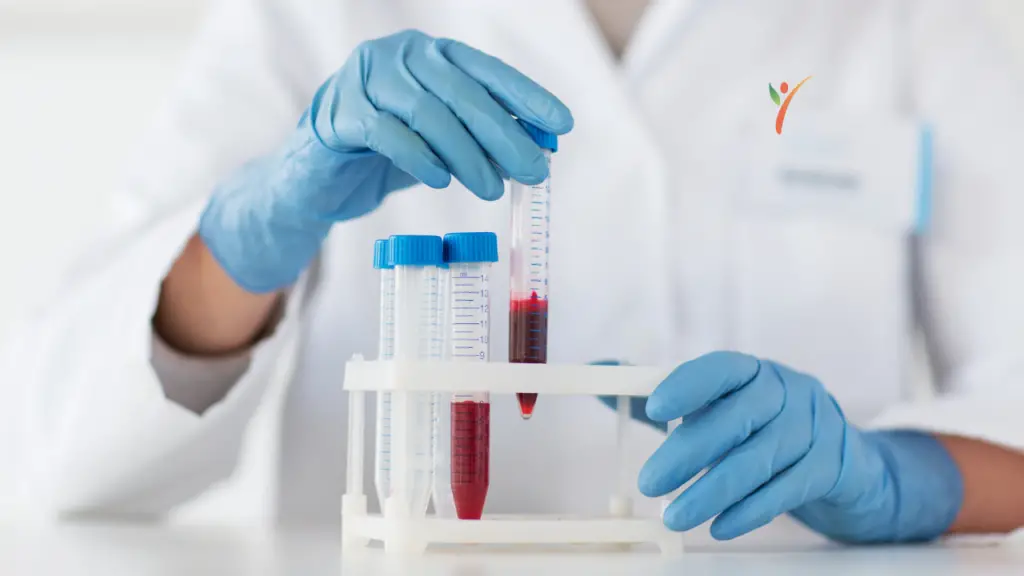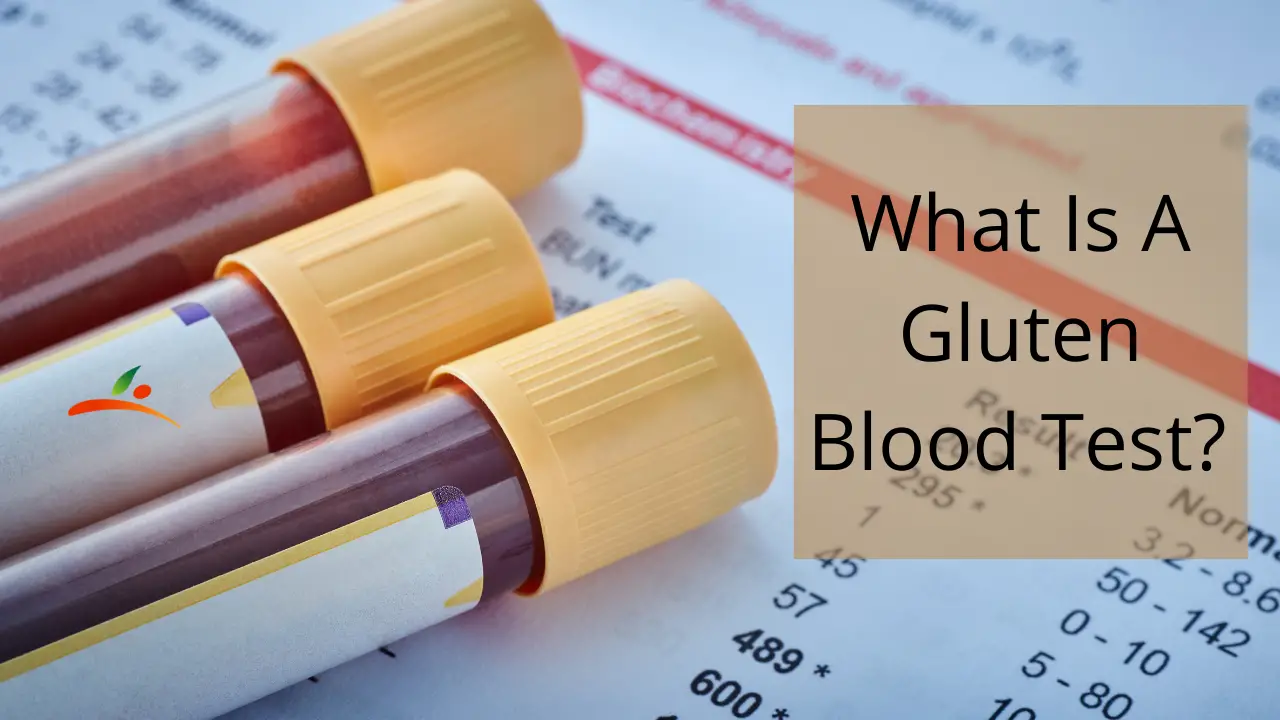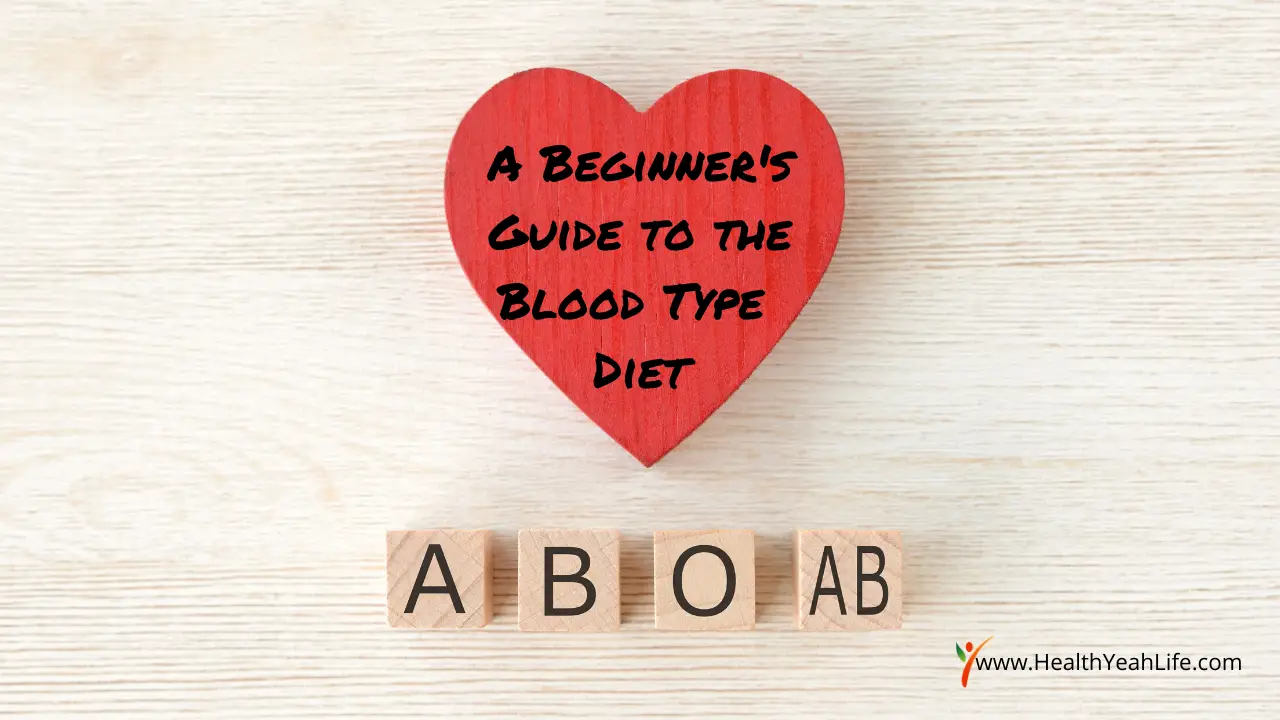One of the preliminary steps to take if you think you have gluten intolerance is to go in for a blood test. Many don't know what a gluten blood test is, when they should go for it, how it works, etc.
This lack of knowledge becomes a reason for many to avoid getting a gluten blood test when they notice any symptoms. You never know when this information can come in handy, if not for yourself, then for a loved one. Here's everything you'll need to know before going for a gluten blood test.

Gluten Blood Test- An Overview
A gluten blood test is required when a person has been suffering from gluten intolerance symptoms for some time. These blood tests can recognize celiac disease in a person, but not gluten sensitivity. A gluten blood test can be of two types- serology test or genetic test.
Serology Test:
A serology test identifies the antibodies responsible for attacking gluten particles once they enter the body.
tTG-IgA test:
The most common gluten blood test is the tTG-IgA blood test. It detects the presence of Tissue Transglutaminase antibody and the amount of it through Immunoglobin A. The tTG enzyme is the antibody produced by the immune system in reaction to the gluten particles that enter the body.
The test has a sensitivity of 98%, meaning it accurately identifies 98% of celiac patients. However, patients with autoimmune diseases also have a high tTG enzyme production rate in their system.
DGP and IgG test:
Deamidated Gliadin Peptide is an enzyme produced by the body after the breaking down of gliadin, i.e., molecular compounds of gluten particles in the digestive system. If an individual is IgA deficient, blood samples test DGP or IgG enzymes' presence.
This test collaborates with the IgA test that first proves the IgA deficiency in the immune system. While this blood test is only 74% sensitive, it is especially beneficial for children under five years old whose bodies do not produce enough IgA.

EMA test:
The endomysial antibody test is an expensive but exceedingly specific test with a specificity of 100%, which means it can accurately detect those who don't have celiac disease. However, 5-10% of celiac patients can have a false negative EMA test.
The EMA test requires blood collection from the surrounding tissue of muscles. These tissues contain a concentrated amount of tTG enzymes. Additionally, the test can detect the presence of either IgA or IgG antibodies. The EMA test is usually one of the follow-up tests after a false negative tTG-IgA test for potential celiac patients.
I-FABP Test:
Once gluten particles begin damaging the digestive system, the body reacts to it by releasing protein. The amount of this protein, Intestinal Fatty Acid-Binding Protein, elevates with the increase in intestinal damage.
Celiac patients suffer from intense damage to the intestines, which ultimately means high levels of I-FABP in their system. An I-FABP blood test can automatically detect the protein's presence and concentration in the system.
Genetic Testing:
Genes can also be a reason for inheriting celiac disease, especially if either of your parents has it. In genetic testing, blood samples detect HLA type antigens in the DNA. The two HLA types, i.e., HLA-DQ2 and HLA-DQ8, are responsible for the risk or presence of celiac disease in the body.
But, testing positive for these gene complexes does not guarantee that you have celiac. Around 55% of non-celiac individuals also carry these genes in their DNA. However, if these genes are not present in your DNA, it excludes the possibility of ever having celiac disease.
When Should You Go For the Test?

You can practically become a celiac disease or gluten sensitivity patient at any point in your life. In other words, you don't have to be a patient of either of these conditions from your early years for them to appear later on in life. So, when do you need to go for a gluten test?
Firstly, celiac or gluten sensitivity can occur due to genetic history if anyone in the family already suffers from it. But, genetic history does not confirm that you're guaranteed to have either of these conditions.
Even if there is no family history of gluten-related diseases, you can still have them. Secondly, the most common celiac and gluten sensitivity symptoms are digestive problems such as bloating, swelling, abdominal pain, diarrhea, and constipation.
Other symptoms include fatigue, weight loss, and iron deficiency. As soon as you notice these early warning signs, specifically when they occur within hours of consuming gluten, a gluten blood test is necessary.
What Happens in a Gluten Blood Test?

A gluten blood test is your average blood test that further detects elements in the blood that propose the possibility of gluten intolerance. For the test, a medical professional collects your blood that he/she then sends onward for testing.
The physician will tie an elastic band on your arm to increase the vein visibility. A needle gets inserted into the vein with an attached tube to its end. The injected needle collects the blood in the tube within a few seconds. Once the physician removes the needle, a bandage replaces the spot.
A routine blood test doesn't need any care afterward. You can remove the dressing after a while. Additionally, the most you'll go through is a small amount of discomfort during the process of a blood test.
How to Prepare for the Test?

Since a gluten blood test marks the antibodies produced due to gluten intake in an individual's blood, a gluten-containing diet is essential. If your diet does not contain gluten before the test, your body won't generate any antibodies at all. For this reason, you need to start consuming gluten regularly, starting a few weeks before you plan on testing for gluten intolerance.
Experts recommend eating a gluten diet 6-8 weeks before the test. Two slices of wheat bread each day can do the trick, or a gluten-containing meal twice a day. However, if you feel your symptoms are prone to get severe, only take a gluten diet under a physician's supervision. When the symptoms become unbearable, you should immediately go for the test.
What Comes After the Test?

Now, the aftermath depends on the test results. If you already have been suffering from symptoms that indicate a gluten-related condition and the test comes back positive, you'll need to shift to a gluten-free diet. At this time, a gluten-free diet is the only treatment for gluten intolerance, and there's no other way out.
Consult a dietician to ensure you're getting the required nutrients on a gluten-free diet. Again, once you've shifted to a gluten-free lifestyle, go for regular blood tests to ensure that your antibodies are in control. If you've excluded gluten, but the level of antibodies is still high, there can be two reasons.
Firstly, there may be hidden gluten sources in your diet that elevate anti-gluten antibodies. Secondly, the test result might be positive due to some other autoimmune disease if you cannot control your symptoms even after shifting to gluten-free.
Alternatively, when you have symptoms, but the test result is negative for celiac, you can opt for follow-up tests. In gluten blood tests, the test results' inaccuracy always exists. Don't be bound by one test result, especially if you think it's inaccurate, but remember that it will only show if you have celiac disease and not gluten intolerance.
Similarly, if anyone in your family is a celiac patient, keep a check on your health condition, and go for regular testing after a few months.
Who Should Avoid the Test?

Taking a gluten blood test itself isn't harmful to anyone, but what can be damaging is having to consume gluten beforehand. Most adults wouldn't have too much of a problem doing the gluten challenge before the test.
If the symptoms are severe, a consultant will help you out, and you won't have to suffer any long-term complications. Meanwhile, this isn't the same case for children, especially those under 5, and pregnant women.
For children, consuming gluten when they're gluten intolerant can lead to delayed physical and mental development. A gluten challenge for a pregnant woman can damage the placenta and risk complications such as miscarriage. Therefore, these individuals should avoid going for a gluten blood test since it requires the 6-8 week gluten challenge, which can be detrimental to their health.
Final Words

Getting a gluten blood test is necessary if you're suffering from symptoms that indicate celiac disease. That being said, even if the tests come back negative, it could still be gluten sensitivity.
Since there are no accurate testing methods for gluten sensitivity yet, you'll have to consult a physician and shift to a gluten-free diet. Knowing the details of a gluten blood test can prepare you for the next one.






